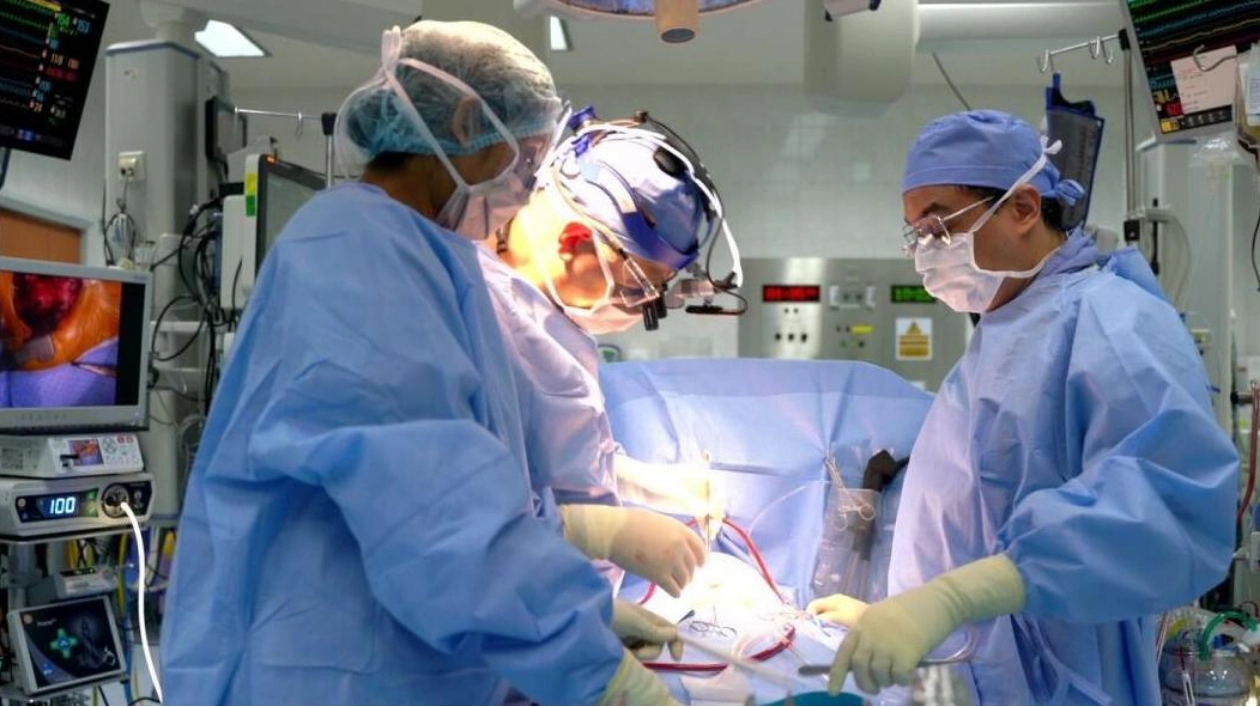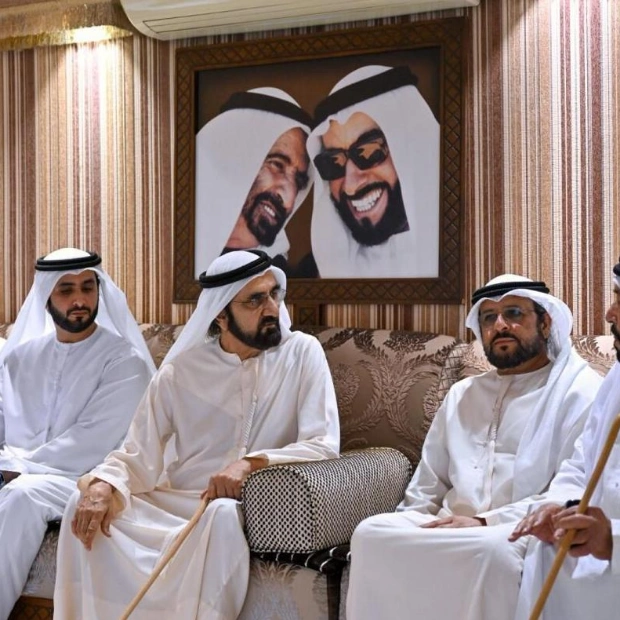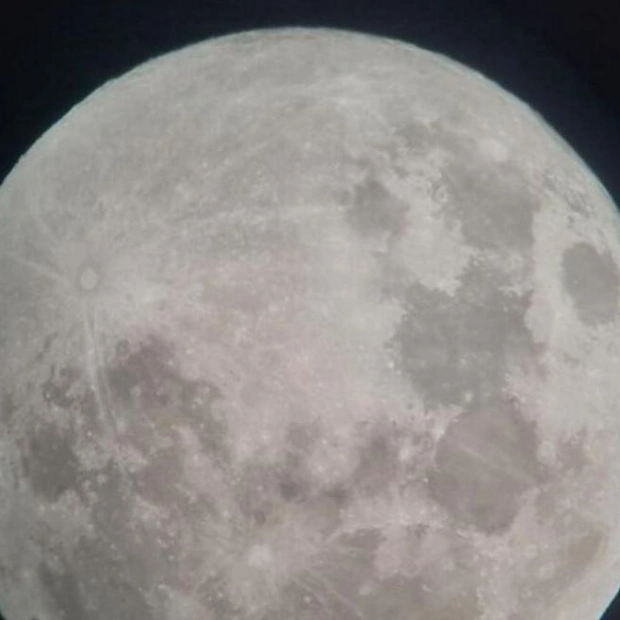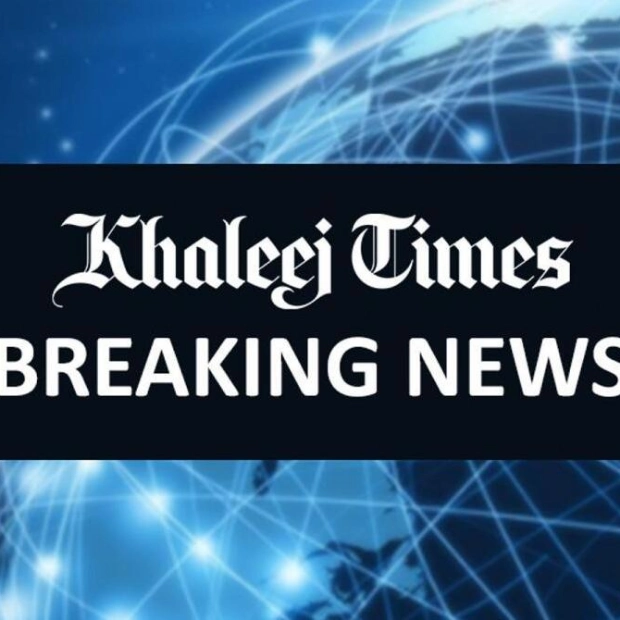A 45-year-old resident of the UAE recently sought medical attention at Zulekha Hospital in Dubai, reporting chest pain, shortness of breath, and breathing difficulties. Unaware of the cause, Abdul Wahid underwent a battery of tests. When the results were revealed, he was stunned to discover he had an atrial septal defect (ASD), colloquially known as a 'hole in the heart.' “I was both surprised and somewhat anxious upon learning about my condition. I had no inkling that something like this had been plaguing me for so long,” Abdul recounted. “However, I placed my faith in God and the doctors, who reassured me that the condition was treatable. This gave me confidence.”
Dr. Shaheen Ahmad, a specialist interventional cardiologist at Zulekha Hospital, orchestrated a series of tests, including an ECG, echocardiogram (ECHO), and a Transesophageal Echocardiogram, which confirmed the diagnosis. The medical team determined that Abdul’s defect could be addressed through a minimally invasive procedure known as transcatheter percutaneous device closure, thereby circumventing the need for open-heart surgery. “In this method, a catheter is introduced via a vein in the groin and navigated to the heart, where a closure device is positioned to seal the defect,” explained Dr. Ahmad.
“We take pride in offering this cutting-edge option to our patients, as it markedly shortens recovery periods, diminishes risks, and enables them to resume their daily lives far more quickly than conventional surgical approaches,” Dr. Ahmad added. For Abdul, the procedure signified a pivotal moment in his life. He was discharged the very next day and is progressing well in his recovery. “The hospital staff made the entire experience seamless and comforting. I was able to depart the hospital the following day, and I already feel a significant improvement,” he remarked.
This procedure marks a significant achievement for the hospital in managing complex ASD device closures. Dr. Ahmad lauded the collaborative efforts of the hospital’s various teams. “From the anaesthesia department to the Cath lab and ICU, each team played a crucial part in achieving a successful outcome,” he noted. Abdul is now recuperating at home and eagerly anticipates returning to his regular activities. “It feels like a fresh start. I can finally breathe more easily,” Abdul concluded.
Source link: https://www.khaleejtimes.com






